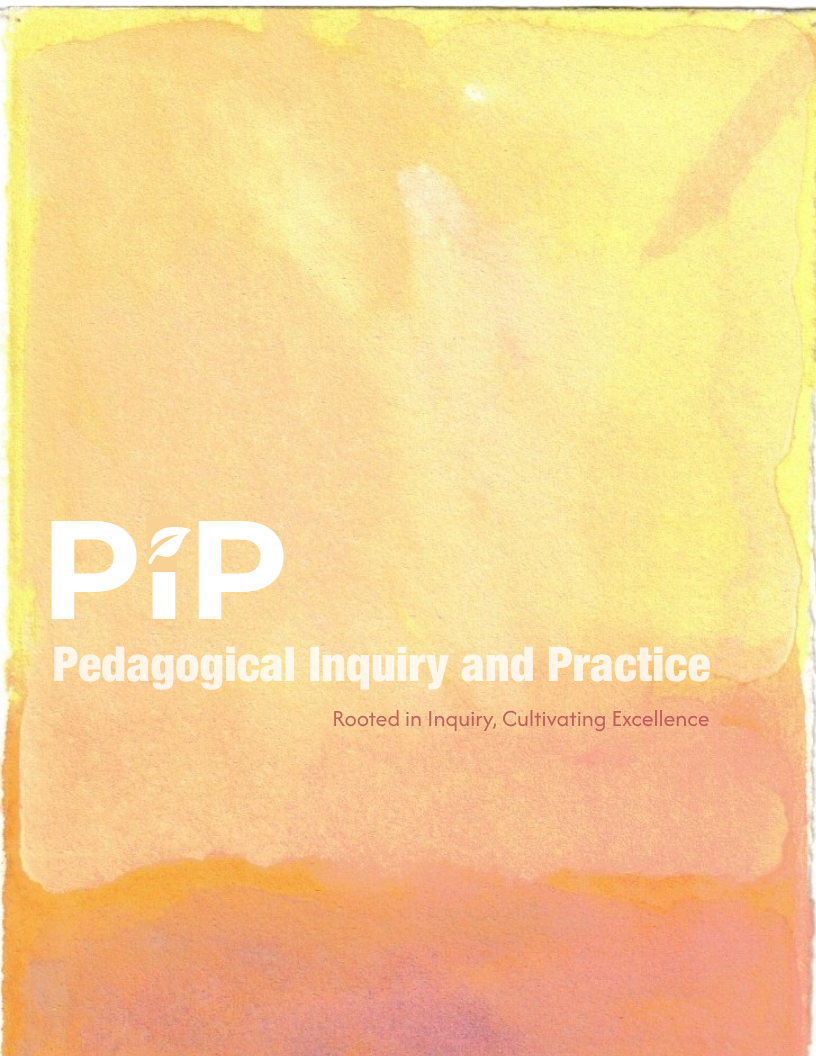Supporting Learner Development Through Self-Assessment
DOI:
https://doi.org/10.31542/k2xzwx56Keywords:
sustainability education, sustainable assessment, self-assessment, reflection, informed judgementAbstract
Given the scale and pace of change of sustainability challenges in the world today, it is vital for students to develop into expert learners who can assess their abilities and knowledge and identify future learning needs. Self-assessment is not a straightforward task and requires support to develop. The current study examined the effect of using self-assessment over time, combined with reflection, on students’ abilities to develop self-assessment skills. The study was conducted in an undergraduate course that uses project-based, problem-based learning to engage students in real-world projects regarding sustainability. The findings indicate that while students can engage in quantitative self-assessment, there are concerns with accuracy and metacognition. Reflection regarding their self-assessment contributes to addressing these issues. In addition, to be effective, students require guidance on how to recognize and explore what they do not yet know. Finally, they also need support in recognizing learning as an active process that occurs over time. This study frames self-assessment as a tool for developing informed judgment of their own learning and future learning needs rather than as a tool for summative assessment of past learning. Implications for future research are discussed.
References
Downloads
Published
Issue
Section
Categories
License
Copyright (c) 2025 Pedagogical Inquiry and Practice

This work is licensed under a Creative Commons Attribution-NonCommercial 4.0 International License.


